Chondroitinase AC expression in the spinal dorsal horn of embryos facilitates dendritic growth and branching
01/29/2020
Anita Balazs1, Rita Varga1, Peter Szucs1, Zoltan Meszar1
1 Department of Anatomy, Histology and Embryology, University of Debrecen, Debrecen
Appropriate dendritic growth and branching is essential for proper circuit formation and correct functions of neurons. While spinal dorsal horn (DH) neurons derive only from a six progenitor cell types, they later present substantial morphological heterogeneity in their cell type specific dendritic tree. These processes could be influenced by extrinsic environmental factors including extracellular matrix (ECM) macromolecules, like chondroitin-sulphate and hyaluronan. We have previously demonstrated that enzymatic disruption of newly formed ECM promoted dendritic growth and differentiation in organotypic spinal cord tissue cultures. Our aim was to confirm these findings in vivo by applying a transgenic mouse model that later could also be used for investigating neuronal plasticity with physiological and behavioural methods. The late born DH neurons were transfected with a plasmid DNA coding either GFP (control) or chondroitinase AC/GFP (treated) by in utero electroporation of mice embryos (E12). Three days later, neurons showing GFP expression were reconstructed and analysed with Neurolucida. Morphometric analyses revealed that, similarly to the externally applied chondroitinase AC in cultures, intrinsic chondroitinase AC expression caused dramatic increase in the number of stem dendrites and dendritic branchpoint numbers. This greatly increased the potential receptive field of the chondroitinase AC positive neurons compared to the GFP expressing control groups. Our data suggest that extracellular chondroitin-sulphate proteoglycans are non-permissive for dendritic development. Manipulation of the levels of ECM macromolecules may also be a potential strategy in promoting neuronal regeneration after spinal cord injury. Financial support: “KK/57/2018” from Gedeon Richter Plc., Budapest, Hungary; 2017-1.2.1-NKP-2017-00002 (ZM, RV, PSz).
